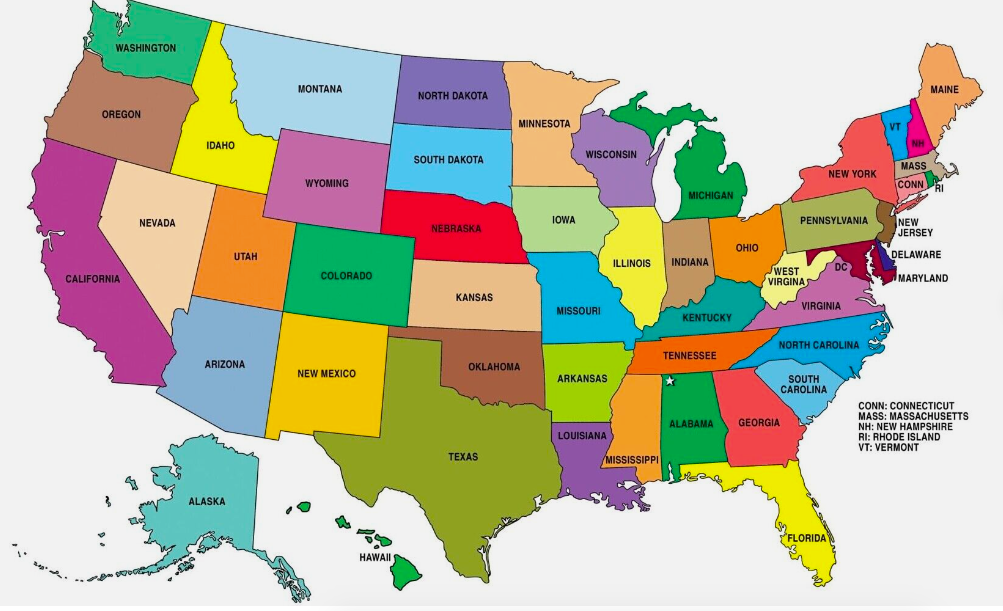HELPLINE: (702) 202-6647

Law enforcement plays a very large role in responding to homelessness across various cities nationwide and in policy implementation:
- Police departments wield considerable influence in shaping homelessness policies, with 78% of mayors acknowledging their impact, surpassing the influence of individuals experiencing homelessness and public housing authorities.
- A notable portion of city staff dedicated to homelessness operates within police departments, constituting 22% of placements, the second most prevalent location after social services (38%).
- HOTs, frequently either housed within or incorporating formal roles for police officers, are prevalent in 76% of the nation's largest cities.
- A majority of HOTs (59%) incorporate enforcement of civil or criminal infractions or address quality-of-life crimes as part of their mission. This includes 43% involved in encampment removals, including the removal of individuals and their belongings.
- HOTs with police involvement are markedly more likely to prioritize enforcement goals, accounting for 75% of police-involved HOTs compared to only 12.5% of those without designated police involvement.
Addressing the complex issue of homelessness requires a comprehensive approach that tackles the underlying causes while providing support and resources to individuals in need. Drawing from expert insights and community-driven initiatives, the following recommendations aim to create lasting solutions to homelessness:
Provide High-Quality Treatment:
- Offer excellent substance use disorder (SUDs) and mental health treatment within shelters, deploying top-notch clinicians and providing quality amenities to patients.
- Implement evidence-based treatment models that prioritize detoxification, congregate living environments, and transitional housing with supportive services.
Community Education and Engagement:
- Build public awareness of effective solutions to homelessness and the importance of accessing treatment and support services.
- Foster broad-based community buy-in to encourage homeless individuals to move into shelters where they can access the necessary resources to rebuild their lives.
Legislative Action:
- End entitlement programs for the homeless population, including street-based resource distribution, to incentivize transition into shelters where comprehensive support is available.
- Redirect resources to ensure that shelters are well-equipped to provide essential services and discourage continued homelessness.
- More funding is needed to take proven solutions to scale.
Specialized Intervention:
- Establish Homeless Specialty Drug Courts to provide timely access to treatment for individuals with substance use disorders who are resistant to help.
- Utilize temporary arrest as a means to facilitate entry into treatment programs, leveraging evidence-based approaches to break the cycle of addiction and homelessness.
Expand Shelter Capacity:
- Ensure that communities have an adequate number of shelter beds available to accommodate all homeless individuals.
- Make shelter residence mandatory for homeless individuals to facilitate access to essential medical treatment for addiction and mental health disorders.
Data-Driven Monitoring and Evaluation:
- Implement robust data collection systems, such as the Homeless Management Information System (HMIS), to track patient progress and outcomes.
- Use data analytics to pre-empt and prevent relapse, ensuring that individuals receive ongoing support throughout their recovery journey.
Create strategic plans to end the prison-to-homelessness pipeline:
- Prison exit should not be a homeless entry point. Department of Corrections, Parole and Probation, and Homeless Service providers must work together to create plans to ensure those exiting prison has access to housing resources prior to prison discharge.
- There is a correlation between recidivism and homelessness. Nevada has no mechanism in place to track and access data as it relates to inmates’ housing status at entry, exit, or re-entry.